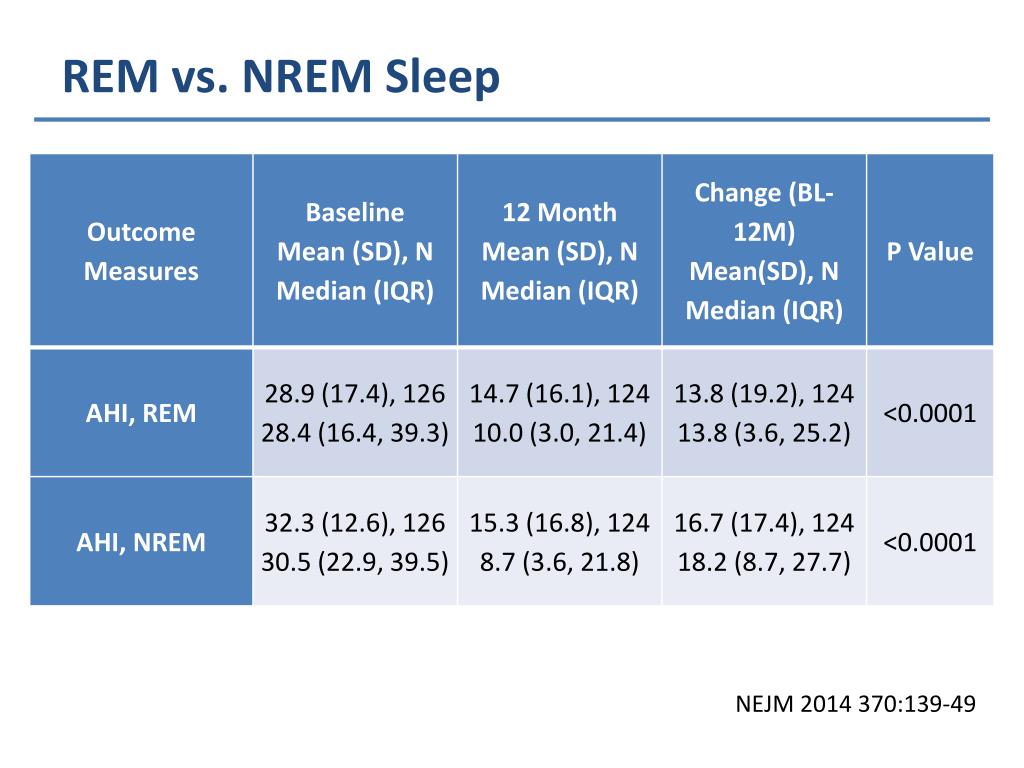

Older people who watched more black-and-white television seemed to dream more often in gray scale than younger people who grew up with full-color media, according to one 2008 study. For example, beta-blockers lower your blood pressure, but they might also amp up the intensity of your dreams. A 2019 study explained that neurons producing melanin-concentrating hormone (MCH) seemed to impair the memory-making function in a part of the brain called the hypothalamus during REM sleep. Your brain may choose what to forget while you dream.

It can cause you to act out your dreams while you’re sleeping. That’s because they experience REM sleep behavior disorder (RBD). Some people seem to act out dreams in their sleep.The cause of the paralysis has been intensely debated and investigated, but some research in rats suggests neurotransmitters inhibit certain motor neurons during REM sleep, causing the paralysis. During REM sleep, your eyes will flutter or move quickly, but your major muscle groups will become temporarily paralyzed. Your body is basically paralyzed while you’re dreaming.In fact, the REM stage only accounts for about 20 percent of their dream time. Children under 10 years old dream much more often in the NREM stage of sleep than in the REM stage of sleep. Here are some other interesting facts about dreams and dreaming: So, if you think you may be affected, talk to your doctor.ĭreams seem to be irresistible to researchers, who continue to explore the science behind them. There are treatment options available to help people with nightmare disorder, including image rehearsal therapy and cognitive behavioral therapy. Nightmare disorders are relatively rare: According to the American Academy of Sleep Medicine, about 4 percent of adults have a nightmare disorder.īut research suggests as many as 71 percent of people who’ve experienced trauma have regular nightmares. Some of these nightmares can be attributed to PTSD, while others may not seem to have a readily identifiable cause. There are numerous potential causes, including stress and anxiety or certain medications.Īnd while anyone can have an occasional heart-pounding nightmare, some people experience regular episodes of nightmare-filled sleep. Women are more likely than men to report that they’ve had nightmares. But experts note that nightmares do tend to happen in later cycles of REM sleep, often in the last third of the night. There doesn’t seem to be a definitive answer about how long a typical nightmare lasts. Can you remember having a nightmare? The American Academy of Sleep Medicine estimates that somewhere between 50 and 85 percent of adults say they’ve had a nightmare.


 0 kommentar(er)
0 kommentar(er)
